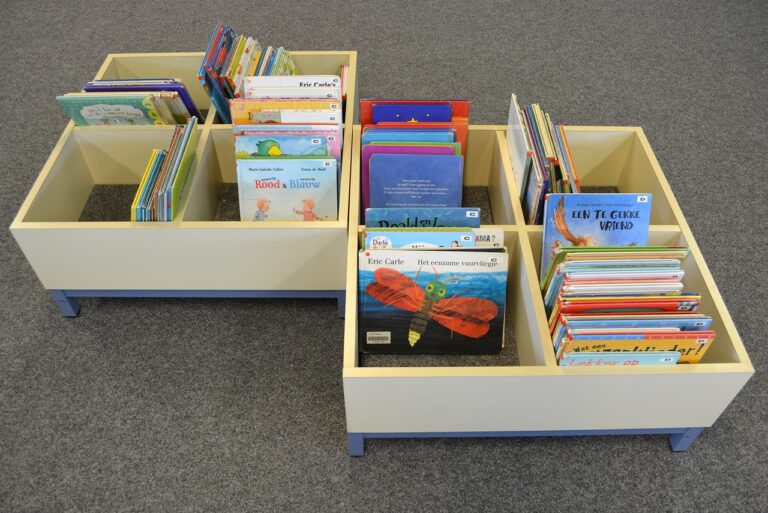Promoting Career Readiness Skills Through Work-Based Learning Experiences
Work-based learning experiences offer a valuable opportunity for individuals to gain practical insights and hands-on skills in a real work environment. By immersing oneself in a professional setting, one can acquire a deeper understanding of industry practices and develop competencies that are highly sought after by employers. This experiential learning approach allows individuals to bridge the gap between theory and practice, making their knowledge more relevant and applicable to the demands of the workforce.
Furthermore, engaging in work-based learning experiences can enable individuals to enhance their adaptability and problem-solving abilities. By facing real-world challenges and responsibilities, participants are forced to think on their feet, make quick decisions, and find creative solutions to complex problems. These experiences not only build confidence in one’s capability to handle difficult situations but also foster a mindset of continuous learning and improvement.
• Work-based learning experiences offer practical insights and hands-on skills
• Individuals gain a deeper understanding of industry practices
• Develop competencies highly sought after by employers
• Enhance adaptability and problem-solving abilities
• Face real-world challenges and responsibilities
• Build confidence in handling difficult situations
Overall, work-based learning experiences not only provide individuals with valuable skills and knowledge but also help them develop important traits such as adaptability, problem-solving, and continuous learning. These experiences can significantly enhance one’s employability and career prospects by equipping them with the necessary tools to thrive in today’s competitive job market.
Building Practical Skills in Real-World Settings
Work-based learning experiences offer a unique opportunity for individuals to develop practical skills in real-world settings. By immersing themselves in actual work environments, participants are able to apply theoretical knowledge to practical situations, gaining valuable hands-on experience that can significantly enhance their skill set. This practical application of learning not only deepens their understanding of concepts but also allows them to fine-tune their skills in a real-world context, preparing them for the challenges of the workplace.
Engaging in work-based learning experiences also provides individuals with the chance to receive direct feedback from industry professionals. This feedback is invaluable in helping them identify areas for improvement and refine their skills to meet industry standards. Moreover, by working alongside experienced professionals, participants can observe best practices in action and learn how to navigate real-world challenges effectively. Overall, building practical skills in real-world settings through work-based learning experiences is a crucial step in preparing individuals for success in their chosen field.
Enhancing Communication and Collaboration Abilities
In work-based learning experiences, individuals have the opportunity to enhance their communication skills through regular interaction with colleagues, clients, and supervisors. Engaging in tasks that require effective verbal and written communication allows individuals to practice articulating their thoughts clearly and concisely, fostering better understanding and collaboration within the workplace.
Moreover, working in real-world settings often necessitates teamwork and cooperation to achieve common goals. By collaborating on projects with diverse teams, individuals learn how to navigate through different perspectives, resolve conflicts, and leverage each other’s strengths to produce optimal outcomes. This collaborative environment not only cultivates strong interpersonal skills but also promotes a culture of mutual respect and support among team members.
How can work-based learning experiences benefit individuals?
Work-based learning experiences can provide individuals with practical skills, real-world experience, and networking opportunities that can help them succeed in their future careers.
How can practical skills be developed in real-world settings?
Practical skills can be developed in real-world settings through hands-on experience, mentorship from professionals, and exposure to real-life challenges and situations.
How can communication and collaboration abilities be enhanced through work-based learning?
Communication and collaboration abilities can be enhanced through work-based learning by working with diverse teams, practicing effective communication techniques, and learning how to work together towards common goals.
Are work-based learning experiences valuable for personal and professional growth?
Yes, work-based learning experiences are valuable for personal and professional growth as they provide individuals with opportunities to gain new skills, expand their knowledge, and build valuable connections in their field.







